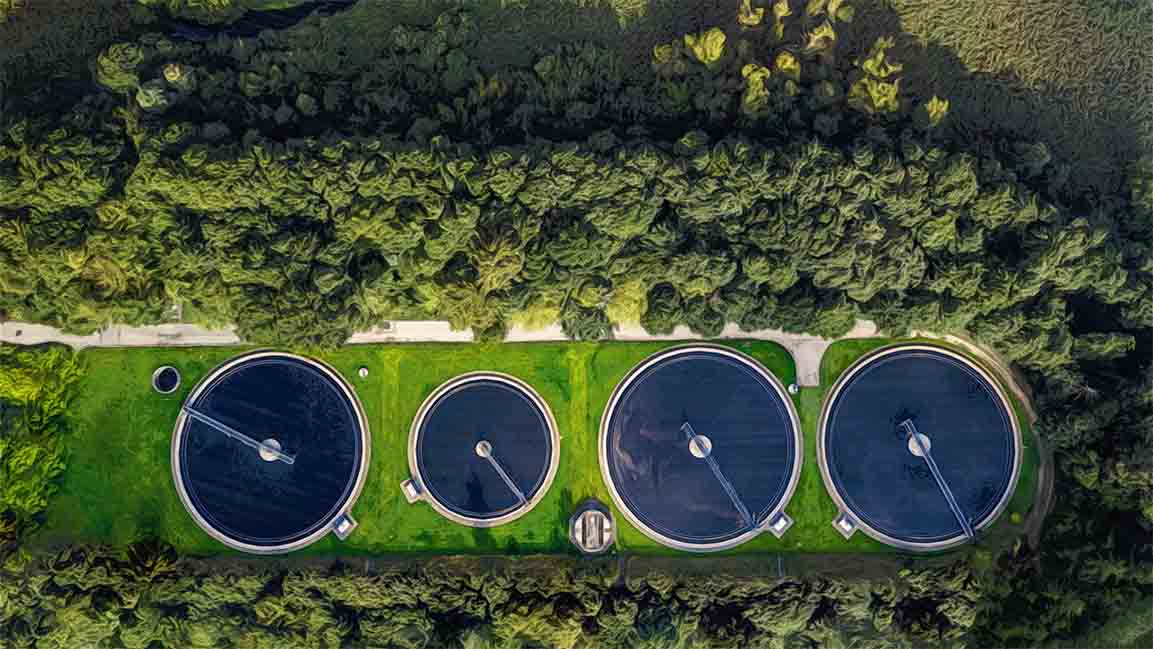Saudi Arabia Establishes National Sustainability Committee
Hyphen Web Desk

The National Sustainability Committee will be responsible for setting national sustainability goals, coordinating climate-related policies, and ensuring that various government entities adhere to these targets. As part of its mandate, the committee will focus on advancing Saudi Arabia's energy transition, including the promotion of renewable energy sources and the reduction of greenhouse gas emissions. This move also complements the Kingdom’s broader environmental initiatives, such as the Saudi Green Initiative, which aims to achieve net-zero carbon emissions by 2060.
Crown Prince Mohammed bin Salman, who has been a key advocate for environmental reforms, emphasized that this new body will oversee and guide the implementation of sustainability projects across the country. The committee is expected to work closely with both public and private sectors to accelerate investments in green technologies and sustainable infrastructure. This initiative is viewed as crucial for Saudi Arabia to diversify its economy away from oil dependency, as it seeks to reduce its environmental impact and embrace green growth strategies.
The establishment of the National Sustainability Committee highlights Saudi Arabia’s desire to position itself as a leader in environmental conservation in the Middle East. The Kingdom has already made strides in renewable energy projects, with significant investments in solar and wind power, aiming to increase the share of renewable energy in its total energy mix. These steps are part of a larger vision to reshape the Kingdom’s energy landscape and reduce its reliance on fossil fuels.
The committee will also play a key role in monitoring the progress of Saudi Arabia’s participation in global climate agreements, such as the Paris Agreement. This reflects the country’s growing recognition of the importance of international collaboration in addressing climate change. The committee’s efforts will also align with the Middle East Green Initiative, which seeks to reduce carbon emissions and combat desertification across the region.
Labels:
#Syndication
Share:
